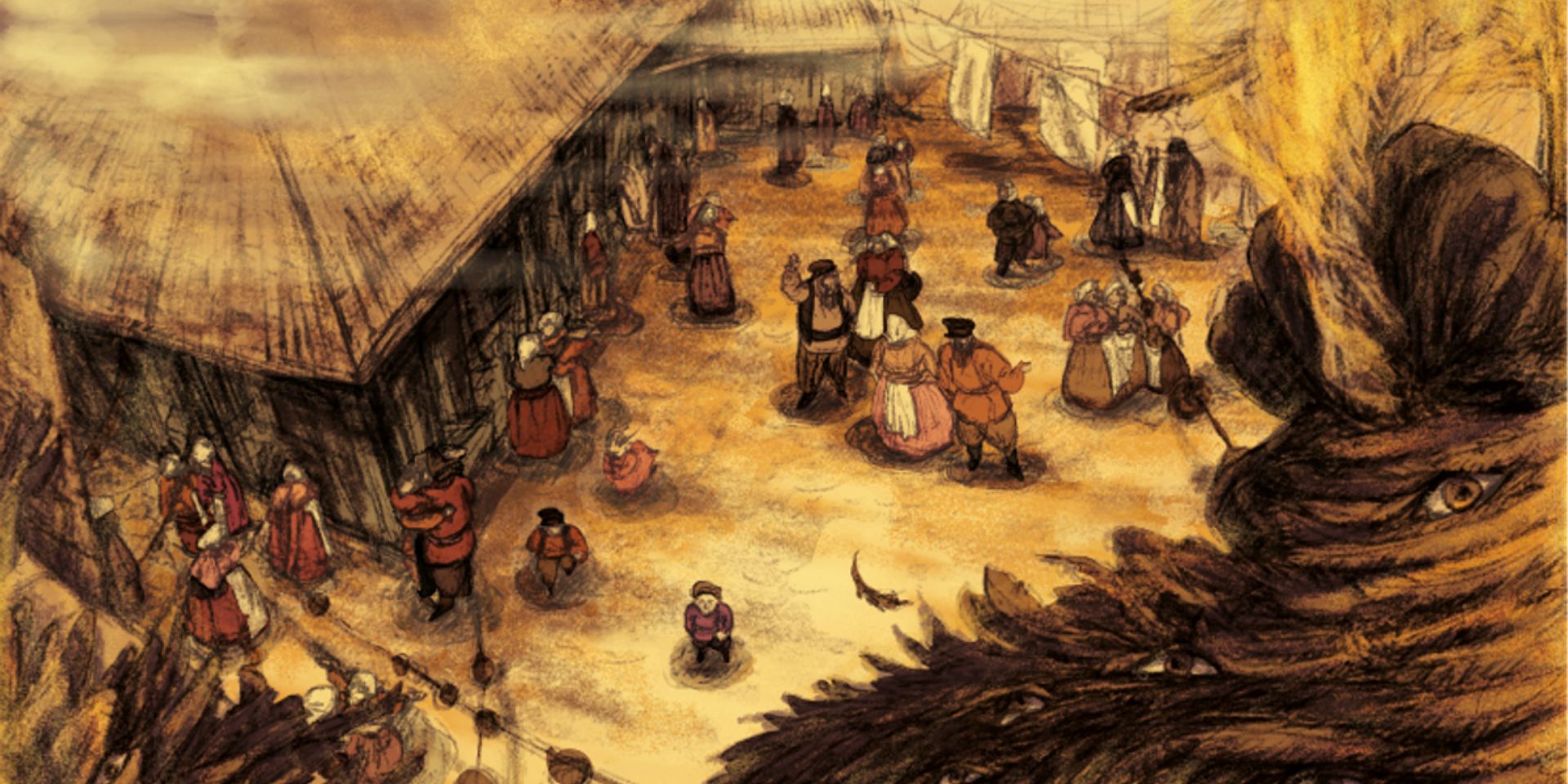
The tabletop roleplaying genre, as embodied by Dungeons & Dragons and other fantasy RPGs, stereotypically focuses on powerful heroes slaying monsters and taking their stuff. The following indie RPGs defy this stereotype, emphasizing non-violent problem solving and centering their stories around communities of ordinary people - towns, refugees, cultures, and families who survive tough times through solidarity, empathy and the strength of their relationships. With genres ranging from science-fiction to post-apocalypse, these RPGs are particularly suited for telling stories of the "have-nots" in societies and making the adventures of their daily lives just as thrilling as tales of Chosen Ones.
Before the earlier editions of Dungeons & Dragons, there was another, earlier experiment in roleplaying and collaborative storytelling. In the late 1960s, wargamer David Wesley threw together an experimental proto-RPG, in which each participant took on the role of a resident in the fictional German town of Braunstein, threatened by the chaos of the Napoleonic Wars. Unlike the fantasy heroes of D&D, players in Braunstein portrayed mayors, bankers, and members of the community they lived in, rather than wandering outsiders or chosen ones destined to venture out into the outside world.
The following indie roleplaying games bear a closer resemblance to Wesley's Braunstein than to D&D, focusing on the stories of everyday people who live together in the same neighborhood, village, or settlement. Most of these indie RPGs also take place in post-apocalyptic, uncivilized settings; rather than venturing out to seek adventure and peril, danger shows up on the players' front doors, forcing them to organize, pool their talents, and weather the storm through solidarity, cleverness, and mutual aid.
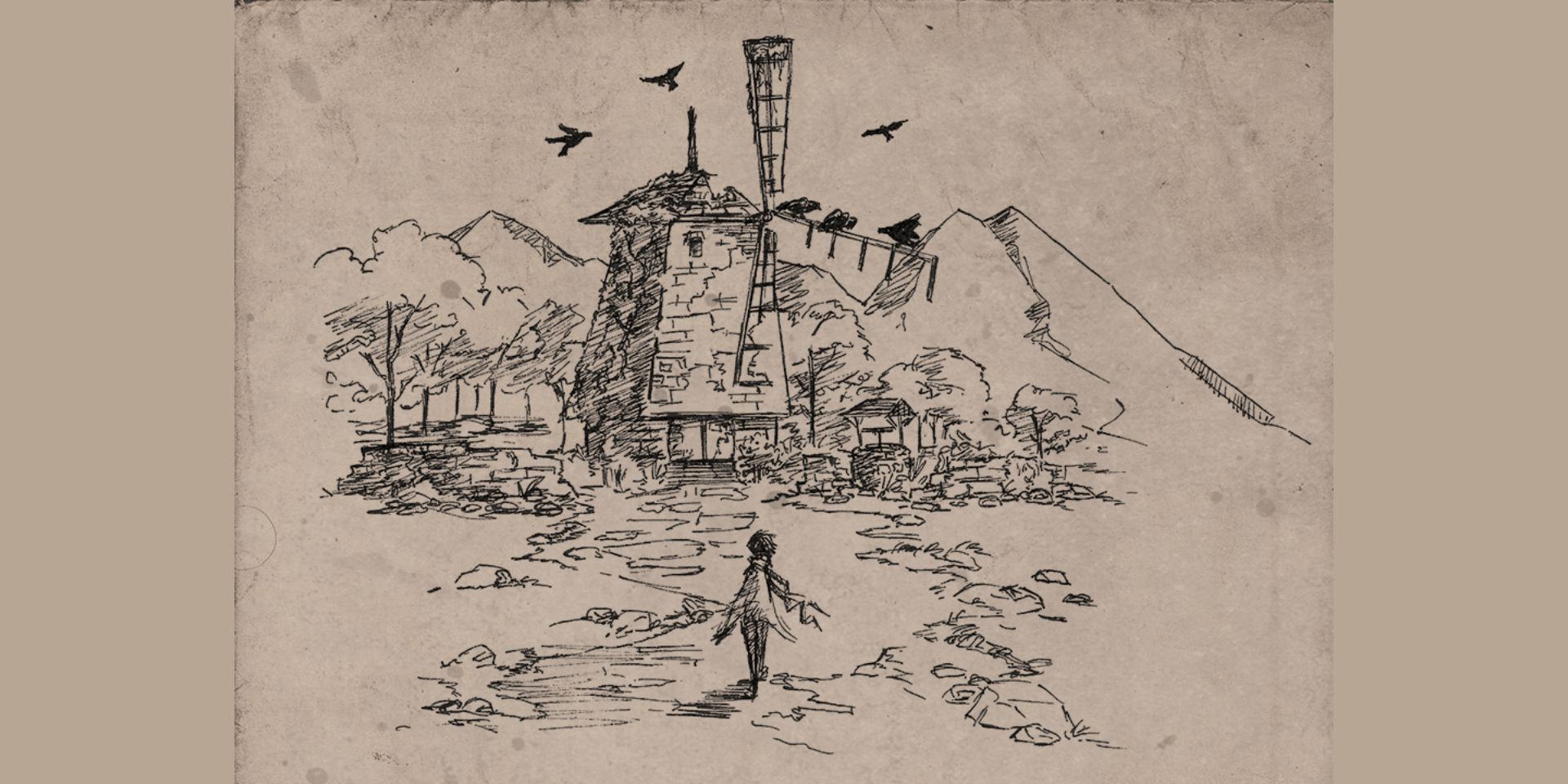
The Quiet Year is a "cartographic poetry" storytelling game published by designer Avery Alder, one focused around describing a year in the life of a remote community struggling to survive in a post-apocalyptic world. Over the course of a game session in The Quiet Year, players take turns drawing out terrain features and landmarks in a gradually expanding map, gradually creating a settlement of vividly drawn survivors who must work together to respond to events triggered by drawing cards from a deck of 52 story prompts. The fantasy spin-off of The Quiet Year, The Deep Forest, uses similar gameplay to tell the stories of a band of monstrous creatures who are trying to reclaim their forested homeland after expelling the humans who colonized it.
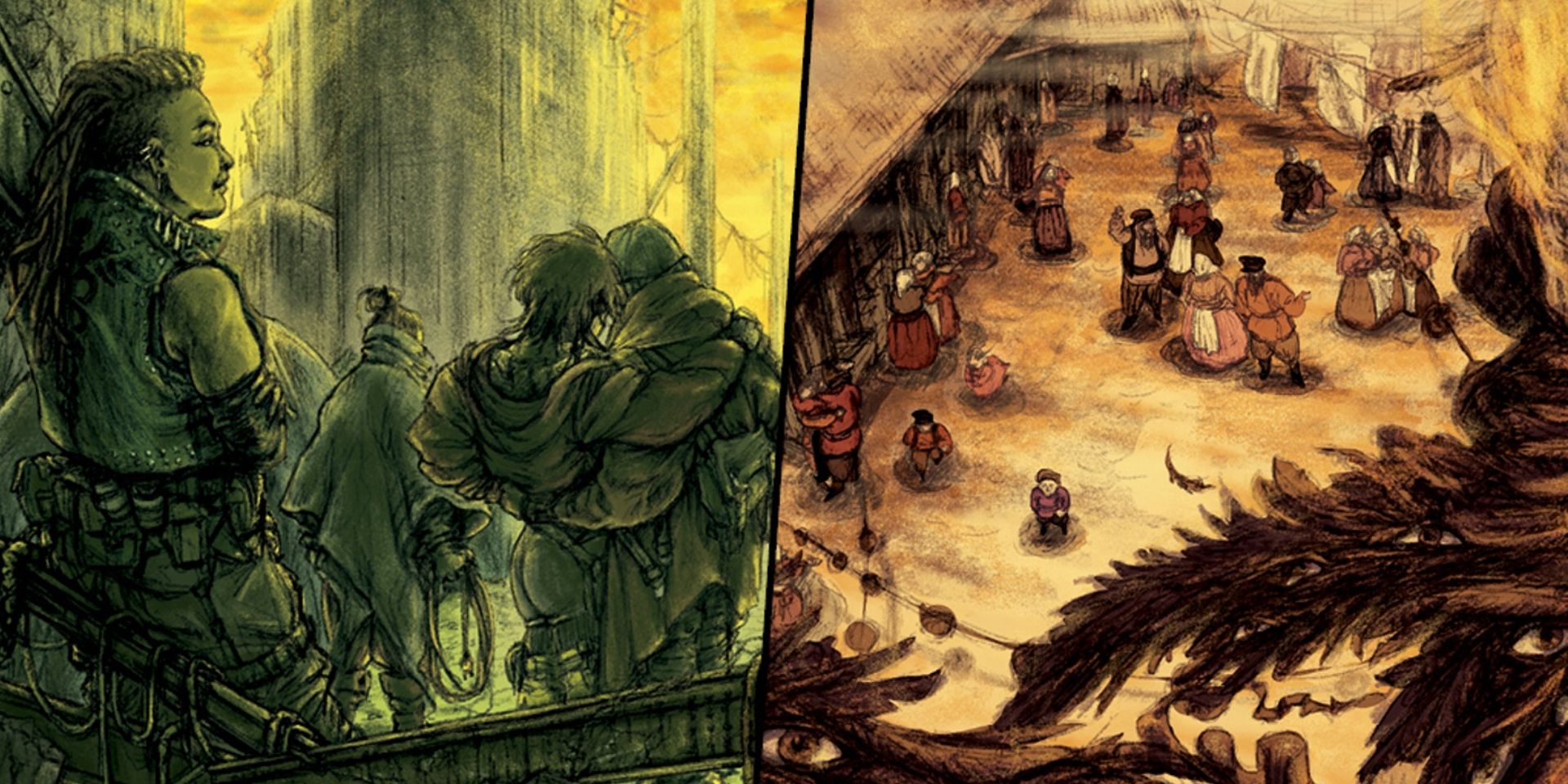
Dream Askew and Dream Apart are two RPGs published together in a single book, both using the same dice-less mechanic to tell stories about marginalized communities and the people who belong to them. Dream Askew, written by The Quiet Year designer Avery Alder, puts player characters in post-apocalyptic enclaves of queer survivors, grappling with a scarcity of resources, rampaging gangs, and their own burgeoning psychic powers. Dream Apart, in contrast, focuses on a Jewish shtetl struggling to survive and thrive in the countryside of 19th century Eastern Europe. As farmers, butchers, bakers and rabbis, players must grapple with worldly threats to their community - soldiers, hostile Christians, industrialization - and more supernatural concerns, such as angels, demons, and dybbuks.
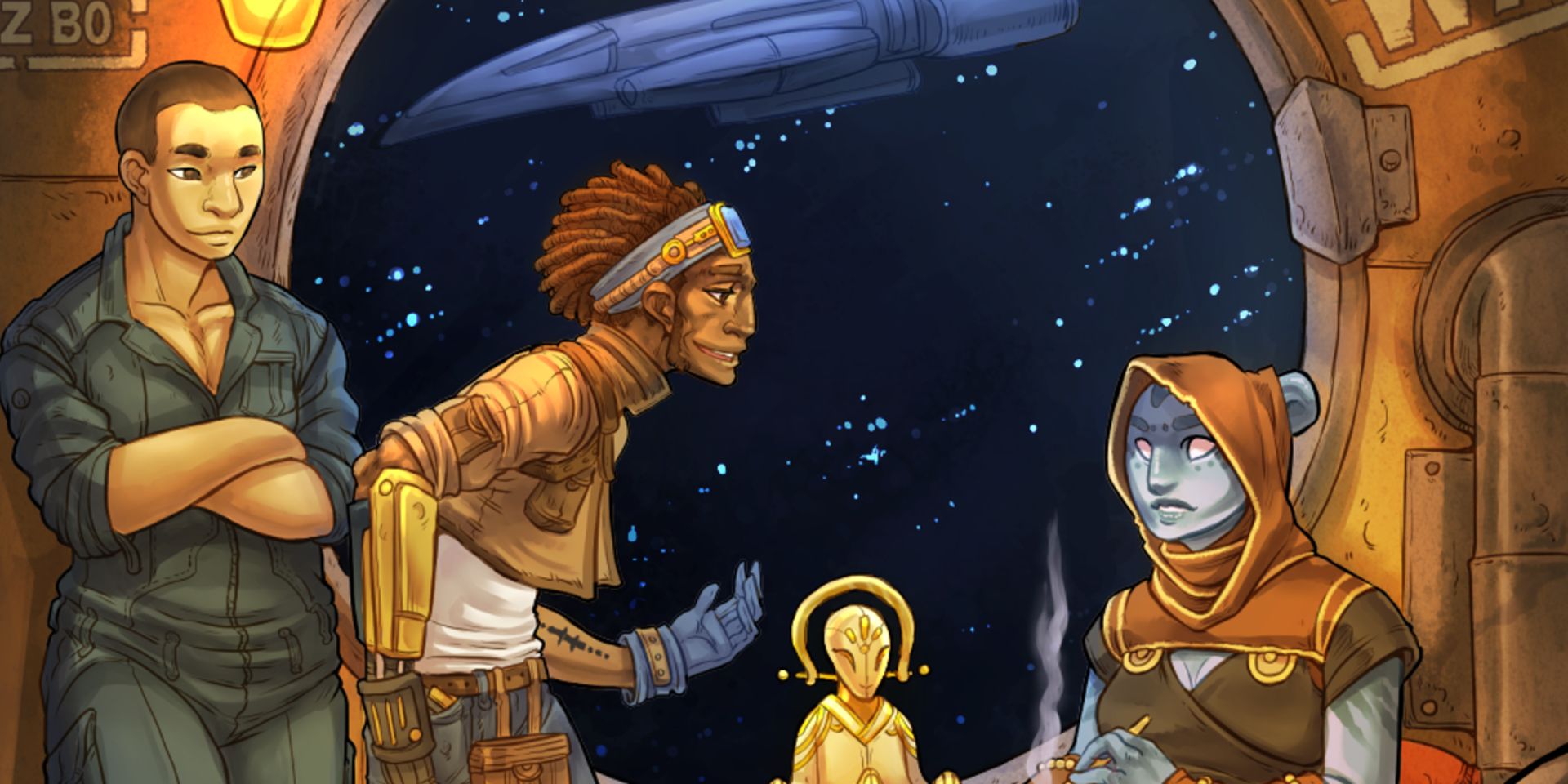
Flotsam: Adrift Among The Stars, an RPG published by Black Armada Games, takes place in a futuristic sci-fi setting with swooping starships and interstellar empires. Instead of space marines and starship captains, players take on the role of the have-nots in this sci-fi universe, outcasts living in the bottom decks of their space station home. Like the Belters from the Expanse or the residents of Downbelow from Babylon 5, players must deal with familiar community issues like poverty, crime, and cultural strife, along with uniquely sci-fi concerns like black market alien tech, renegade A.I.s, air leaks, hull breaches, and more. Players of Flotsam: Adrift Among The Stars create characters using special Playbooks, a la Apocalypse World, and generate storylines using a dice-less, GM-less rule system centered around the exchange of tokens and the generation of relationship-focused stories.
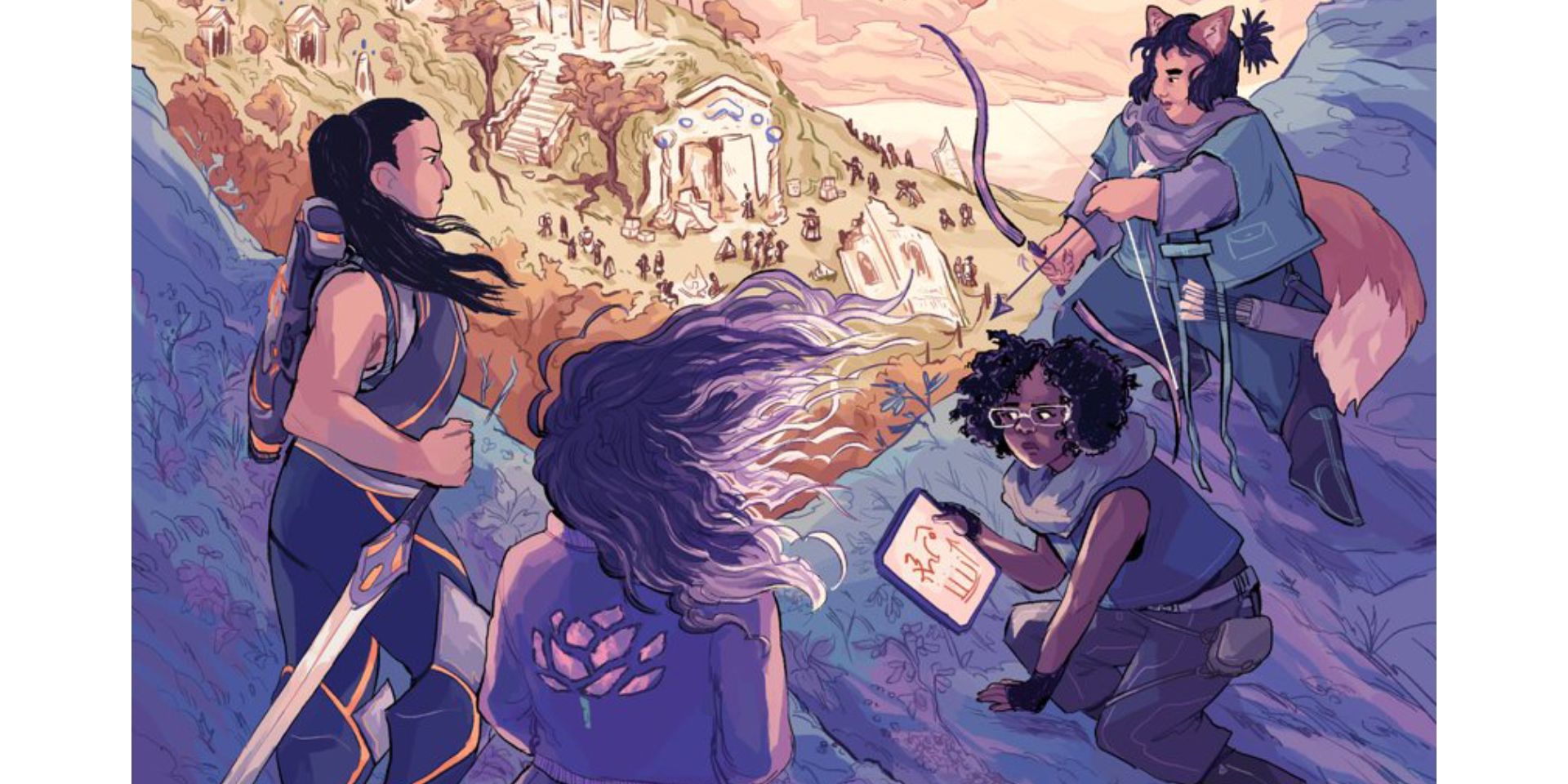
Songs For The Dusk, a narrative RPG designed by Kavita Poduri and Quinn Vega, uses the Forged In The Dark rules created by John Harper for his Blades In The Dark game. The setting of Songs For The Dusk can be best described as "vibrantly post-apocalyptic," a world in the process of recovering and healing from the complete collapse of a technologically advanced but repressive society. Think Destiny and Destiny 2, with a dash of Adventure Time. Players take on the role of "Striders," brave, compassionate heroes similar in role to the adventurers of Dungeons & Dragons, who set out to explore their strange, ruined world, catalogue new supernatural and scientific phenomena, and strive to build a new world better than the previous. Group of Striders form themselves into "Crews," small communities that act as the explorers, couriers, scientists, and sentinels of their fragile new societies.
https://ift.tt/2Llzt1I
January 10, 2021 at 06:29AM




